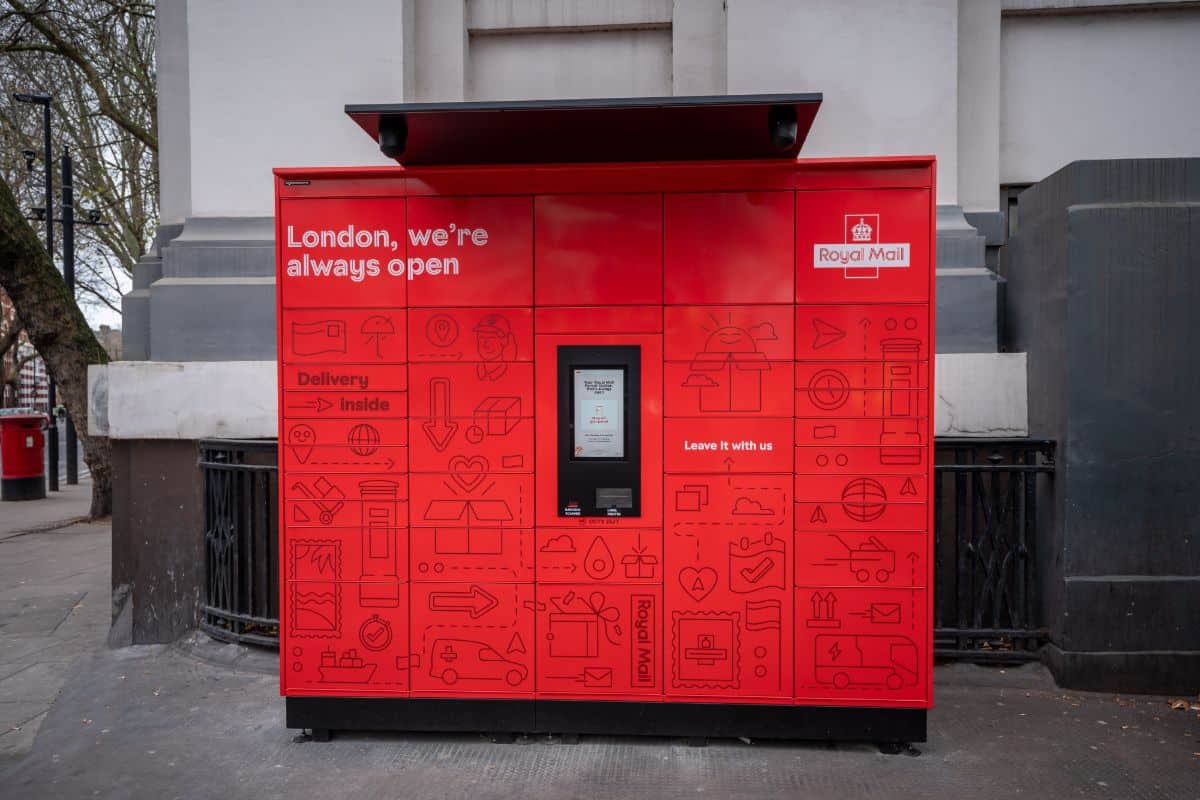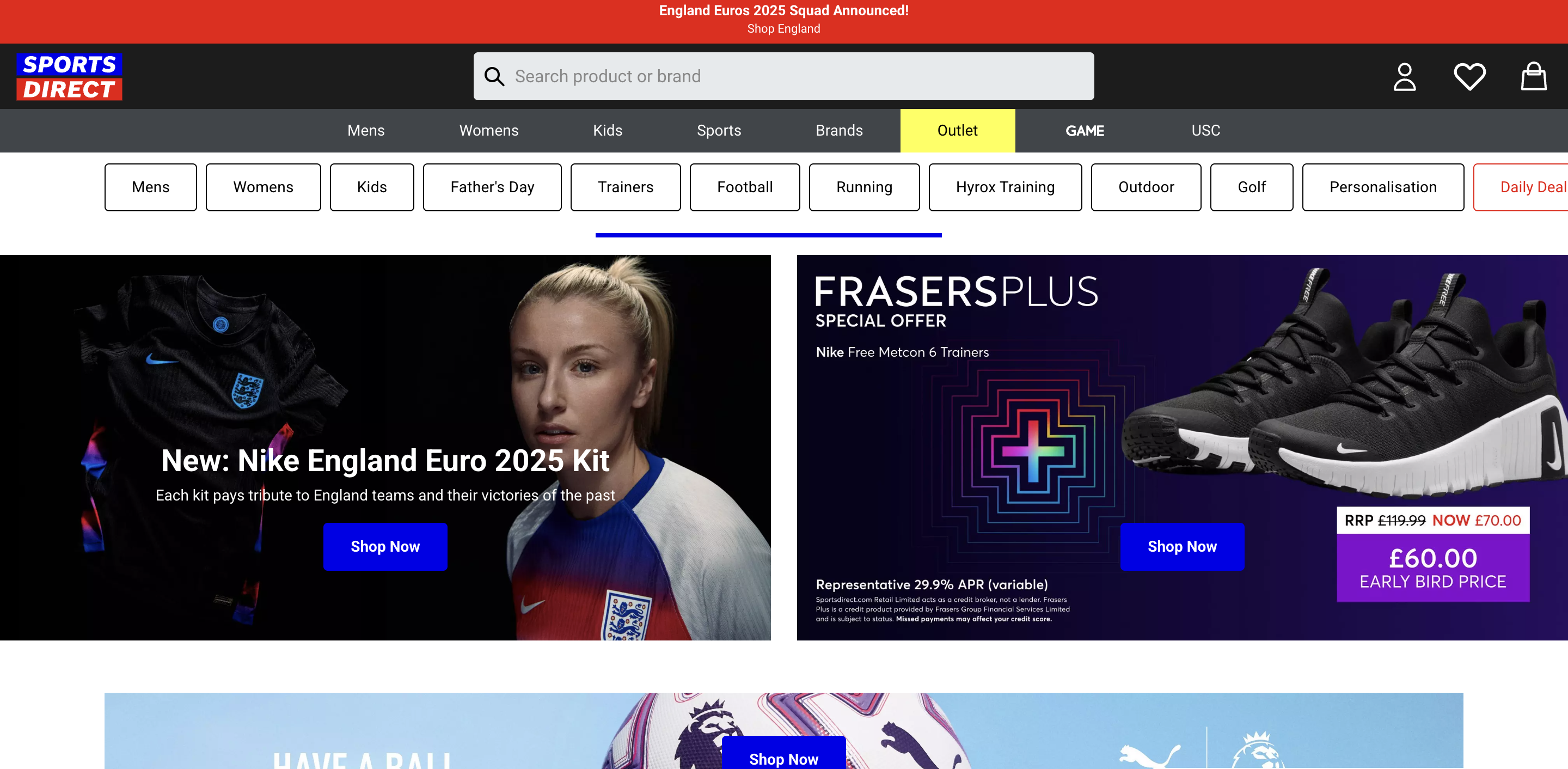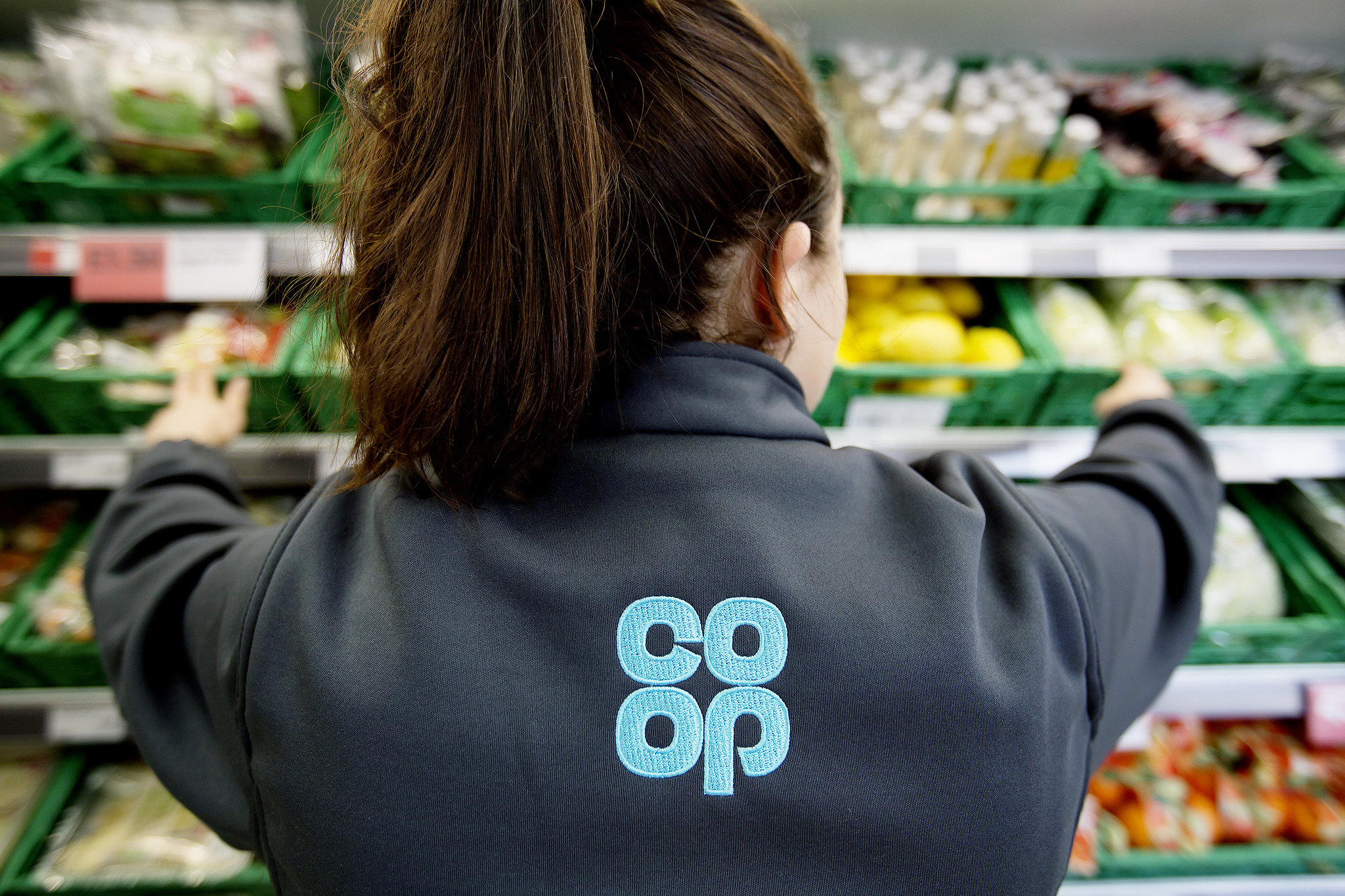Burberry today unveiled an exclusive partnership with Chinese tech business Tencent to develop social retail in China. The move is part of Burberry’s wider “social-first” strategy.
The retailer, ranked Top250 in IRUK Top500 research, says that the two will pioneer blending social media and retail to create both digital and physical spaces for shoppers to interact, share and shop. The first such space will be a social retail store in Shenzen that’s expected to open in the first half of next year. It will act as a test store where the two will trial innovations that are designed to connect luxury customers social and online lives with their physical environment.
Marco Gobbetti, chief executive of Burberry, said: “Social media is becoming such an important part of the luxury customer journey, particularly in the inspiration phase, and retail needs to keep pace with this. Continuing our history of innovation, we wanted to explore the connection between these touchpoints by merging social media and the store experience to reflect the way luxury customers are engaging with brands.
“China was the obvious place to start as it is one of the leading hubs for innovation and technology and Chinese consumers are some of the highest users of social media. We are thrilled to be partnering exclusively with Tencent on this pioneering project which is an example of the step-change in our ambitions for the next phase of our transformation.”
Davis Lin, vice president of Tencent and responsible for Tencent Marketing Solutions, said: “We are delighted to partner exclusively with Burberry on social retail in China. The future of retail lies in digitalisation. Through more efficient online-to-offline connections, more personalised engagement and shopping experiences, along with exceptional, differentiated content and value-added services, we will enhance the customer experience and deepen brand loyalty.”
The update came as Burberry reported half-year sales of £1.2bn. That’s 4% up on the same period last year. Like-for-like sales – which strip out the effect of store – and business – openings and closures were also up by 4%. Pre-tax profits of £193m in the six months to September 28 were 11% up on last time.
Retail sales came in at £1bn (+6%) while wholesale stayed flat at £253m and licensing grew by 6% to £24m.
Social-first approach
The retailer outlined a “social first approach” that it says lifted its reach, engagement rate and followers on Instagram and WeChat in the first half. It said that social media, press and influencers had helped it to boost brand engagement, while new collections from Riccardo Tisci were met with double-digit sales growth.
In September it presented its first carbon neutral runway show, covering spring and summer 2020, which met with a 50% rise in press coverage, compared to its autumn/winter 2019 show, while reach on Instagram more than doubled and the show trended on Twitter.
A localised campaign in China to mark Qixi Jie – the Chinese equivalent of Valentine’s Day – resulted in more than 200m views on social media platforms and contributed to double digit quarter-on-qurter growth in its WeChat engagement rate.
Transforming distribution
The retailer is also transforming its distribution networks, closing doors on some non-luxury wholesale partnerships while investing in its flagship stores – such as that pictured – and closing smaller, non-strategic, stores. The work is part of a business transformation that is now in its second year. In this first phase, its aim is to re-energise its brand and to align distribution with its new positioning in luxury fashion. By the end of the half-year, 70% of the products it stocked in mainstream stores were from new ranges.
Burberry sells online and via 223 retail stores, with 61 in China. It operates 148 concessions, 52 outlets and 44 franchise stores.
Tencent, founded in Shenzen in 1998, operates the Weixin and QQ social platforms and reaches hundreds of millions of Chinese consumers through its targeted advertising platform.
Image courtesy of Burberry








